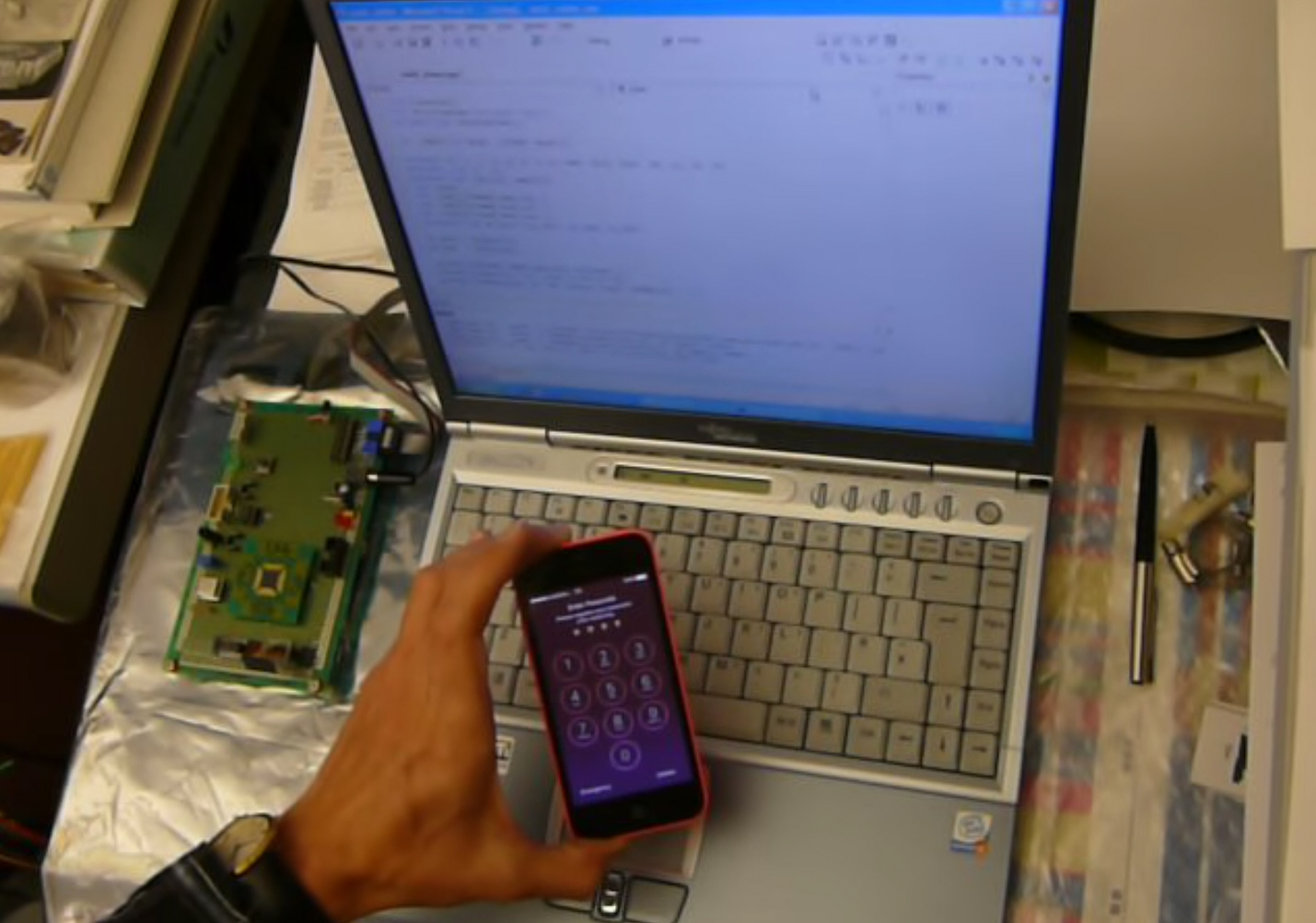
The iPhone's passcode security can be beaten for just $100
Remember how Apple and the FBI clashed regarding the unlocking of San Bernadino shooter Syed Rizwan Farook's iPhone 5c some six months ago?
Apple refused to help the FBI find a way to unlock the iPhone as it believed doing so would, in Tim Cook’s words, "undermine the very freedoms and liberty our government is meant to protect". After lots of posturing from both sides, the FBI eventually found a way to crack the encryption without Apple’s help, although at a reported cost of in excess of $1 million. But now a Cambridge computer scientist says he has managed to crack the iPhone 5c’s passcode security for a lot less than that -- just $100, in fact.
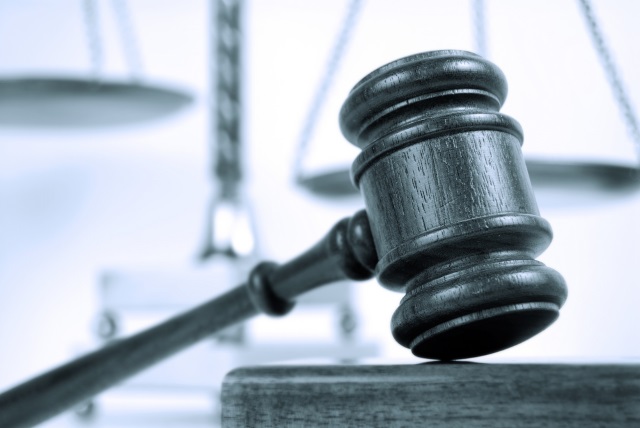
The FBI vs Apple fight is not over
The recent furore between Apple and the FBI over access to the San Bernadino shooter’s iPhone brought privacy debates firmly into the public eye. Despite tech giants, politicians and privacy campaigners explaining the potential ramifications of the case, many people remained on the fence.
A recent survey by the Pew Research Centre found that the majority of Americans sided with the FBI and believe that Apple should have complied with its demands. I find this deeply concerning because it shows how easily our collective privacy could be eroded in the name of national security, and also how little most people seem to understand the encryption technologies which protect us all.
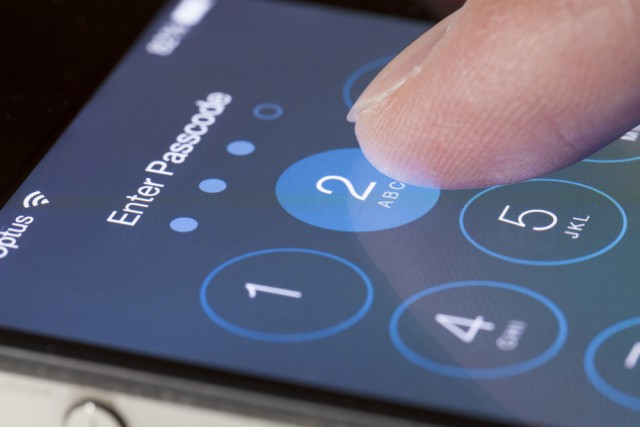
FBI cracks San Bernardino iPhone without help from Apple
The US justice department has announced that it has successfully cracked the iPhone belonging to the San Bernardino shooter, Syed Farook. The FBI was able to unlock the phone without help from Apple, ending the lawsuit that had pitted the FBI against Apple.
In a statement, the Justice Department said: "The government has now successfully accessed the data stored on Farook's iPhone and therefore no longer requires the assistance from Apple." It has been thought that Israeli security firm Cellebrite was helping the FBI, but the question now has to be asked about the security of other iPhones and whether law enforcement agencies will use the same technique to access data in the future.

Tech industry sides with Apple in San Bernadino iPhone case
The tech industry is on Apple’s side when it comes to the dispute with FBI over the unlocking of the San Bernardino shooter’s iPhone.
This was, once again, confirmed through a research done by security vendor AlienVault. According to the company’s survey, which polled 1,500 IT security professionals, 33 percent support FBI, while the rest think unlocking the phone will do nothing but weaken overall product security.

FBI may be able to access San Bernadino iPhone without Apple's help
Unless you've been chilling under a rock, news of Apple's fight with the FBI has been everywhere. Even though the iPhone-maker is clearly on the correct side of the encryption-cracking battle, some have sided with the agency. I understand that people want to access the terrorist's phone as a way to thwart future attacks, but when we give up our rights and privacy, the terrorists win.
Today, using the excuse that it might have found a third party solution to cracking the terrorist's phone, the FBI has requested to cancel tomorrow's court appearance. A judge has officially granted the agency's request, postponing the court meeting until April 5.
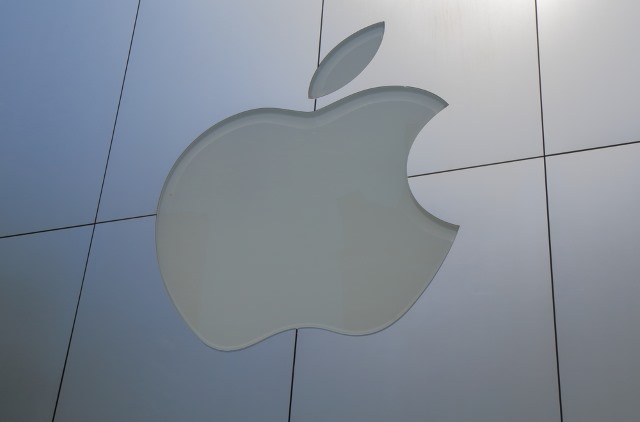
Majority of IT pros support Apple in legal fight with FBI
Encryption is a must-have in today’s digital communications, IT pros agree, adding that what the government is (trying to) achieve with surveillance could mean the death of privacy altogether.
Those are the results of a new survey conducted by security firm AlienVault. It surveyed the attitudes of more than 1,500 IT (including security) professionals about today’s privacy, and came up with interesting results -- 34 percent believe the government should be able to eavesdrop on communications for the purposes of national security.

Third-party encryption renders iPhone backdoor useless
Let’s assume for a minute that the FBI got its way. It coerces Apple into disabling the self-destruct function on the San Bernardino terrorist’s iPhone, allowing it to brute force the password. Effectively, the FBI and Apple create a backdoor that theoretically works the same across all iPhones. Police even uses the same tactic on the dozens of other iPhones that are currently involved in active investigations. People across the world sacrifice their privacy, while the police has a new tool to fight terrorists.
Except they don’t, really. Sure, iMessage and other iCloud services could be decrypted without a password, but what Apple critics often fail to realize is the abundance of third-party encryption tools widely available. Free, open-source alternatives exist to encrypt chats, phone calls, files, and even entire hard drives. That pesky self-destruct function the FBI is so eager to remove? Alternatives for that exist as well, and they are all easily accessible with nothing more than a Google search. By removing the default encryption built in iPhones, the FBI isn’t stopping terrorists. It’s merely inconveniencing them.
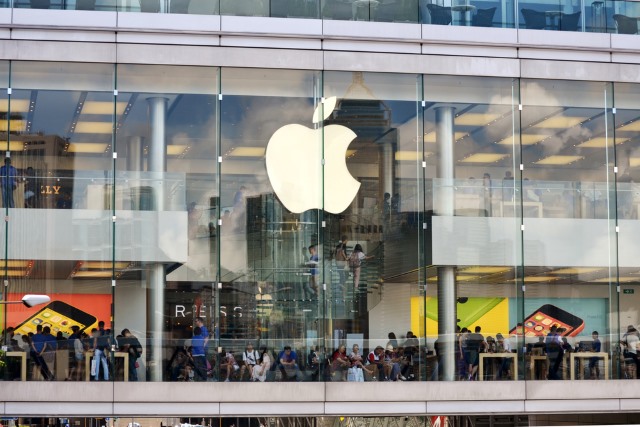
FBI should break Apple's encryption and keep it a secret
At the end of last month, Apple released a letter to its customers protesting about a US court order that could force the company to give the FBI a back door entry to individual iPhones. The case has brought the debate about government access to personal data and the protection of civil liberties to the fore once again. It has also made society and industry look more closely at the mechanics of data encryption and ask what makes the technology effective.
At its most basic, encryption provides a layer of protection for data at every stage of its journey from sender to recipient. If anyone tries to intercept or access the data without permission, they find themselves with a screen full of unintelligible gobbledygook. But encryption is only strong if there are no weak links in the chain. Apple argues that the FBI’s court order requesting a back door into its OS (Operating System) would force the company to create such a weak link in its encryption. This would undoubtedly speed up investigations of high profile crimes, but would come at high cost to the millions of law abiding iPhone users.

While the government searches for an iPhone backdoor, researchers find another way in
While the news about the dispute between Apple and the FBI rages on, security researchers continue to look for other ways into products, not just the iPhone. But as a prominent device it becomes a big target and deserves extra scrutiny.
The security experts from Israel and Australia decided to test out the electromagnetic radiation emitted by devices, in this case using an iPhone. The results were interesting, though they won't help in the case of phones in the custody of law enforcement.
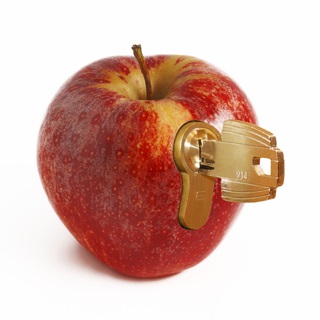
Yahoo joins the club, throws its support behind Apple against the FBI
For the past couple of weeks the tech news has circled around Apple versus the FBI, after the iPhone maker refused to comply with a court order to unlock a phone used by one of the terrorists in the San Bernardino shootings. That handset may or may not hold data relevant to the case or perhaps reveal plans for future attacks.
We'll possibly never know, given the agency changed the Apple ID and there are claims that even the iPhone maker cannot now get into it. The FBI, for its part, has acknowledged that it made a mistake in changing that ID.
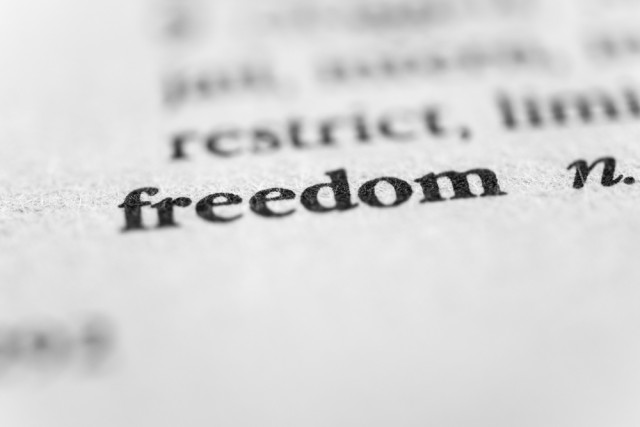
In Apple vs FBI, it's our freedom at stake
Ever since it was announced that all iPhones would be encrypted by default with no reasonable way for Apple to unlock them, the FBI has been locked in an ever more acrimonious deadlock with the company. In the latest and most explosive development, the FBI has chosen its battle well: could there be a more emotive subject, or seemingly good reason for Apple to comply, than a demand to decrypt a single phone that belonged to a known terrorist?
By drawing its battle-lines in this way, the FBI achieves two things. On a basic level, it makes Apple look unreasonable for refusing, and therefore makes it easy to paint Apple as the "bad guy" who is preventing the "good guys" from protecting the American people against terrorists. This is a powerful argument, and certainly seems to have persuaded all front-running politicians.

Apple win: New York judge dismisses FBI request in iPhone unlocking case
A New York judge has rejected an FBI demand for Apple to bypass the lock screen of a seized iPhone. Judge James Orenstein ruled that the FBI may not use the All Writs Act to force Apple to "bypass the passcode security" of an iPhone 5S running iOS 7 in a drug case.
This is not the only iPhone the FBI is seeking to have unlocked, and many are looking to the New York case as a precursor to a similar case involving the San Bernadino shooter's iPhone which is set to be heard next month. Talking about the California case, Tim Cook has liken complying with the FBI demands to create a backdoor as the "equivalent of cancer", and Judge Orenstein appears to have recognised that the New York drugs case could be seen to set a precedent.

Apple takes its FBI fight to Congress -- read the company's powerful opening statement
As you know, the FBI wants Apple to help unlock an iPhone linked to one of the San Bernardino shooters. Apple is resisting the request, and tomorrow will testify at a Congressional encryption hearing.
Apple’s General Counsel, Bruce Sewell, will make the company’s case before the house Judiciary Committee and his opening statement was sent to Apple employees earlier today. It’s an interesting read:
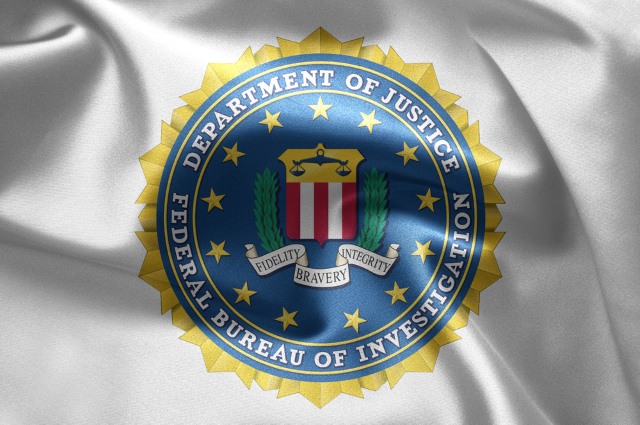
Mozilla sides with Apple against FBI -- proposes basic principles for government surveillance
The ongoing dispute between the FBI and Apple is absolutely chilling. It shakes me to my core to think our government wants to force a company to write code under the guise of anti-terrorism. Quite frankly, the oft-argued opinion that supporting Apple in this regard is anti-American is not only wrong, but insulting. My soul still aches from 9/11, and I love America, but I also support Tim Cook and the company's fight to protect our civil liberties.
But forget my opinion -- major tech companies, such as Google and Microsoft, are standing up and pledging support for their competitor, Apple. Now, open source darling, Mozilla, is voicing its support too. Taking it a step further, however, the Firefox-maker is also proposing basic principles for government surveillance -- sort of like a bill of rights for encryption and surveillance.

Microsoft stands with Apple against the FBI
Microsoft will join Apple against the FBI and U.S. Justice Department, filing a friend-of-court—or amicus—brief in a case going to court tomorrow. The government wants Apple to create a special version of iOS, referred to by critics as FBIOS, to break into an iPhone 5c security feature. The device manufacturer argues that compliance would set a precedent that would give law enforcement carte blanche with other mobile devices.
Brad Smith, Microsoft's chief legal counsel, says the company "wholeheartedly supports Apple"—a statement that eradicates any potential confusion caused by cofounder Bill Gates. In an interview with Financial Times two days ago, Gates supported the government's demands. I responded, calling his position a "catastrophic occurrence that demands current chief executive Satya Nadella's official response. There needs to be clear policy about government backdoors and the position with respect to the San Bernardino shooting iPhone". The company's position is now unequivocally clear—presuming the legal filing fits with "wholeheartedly".
